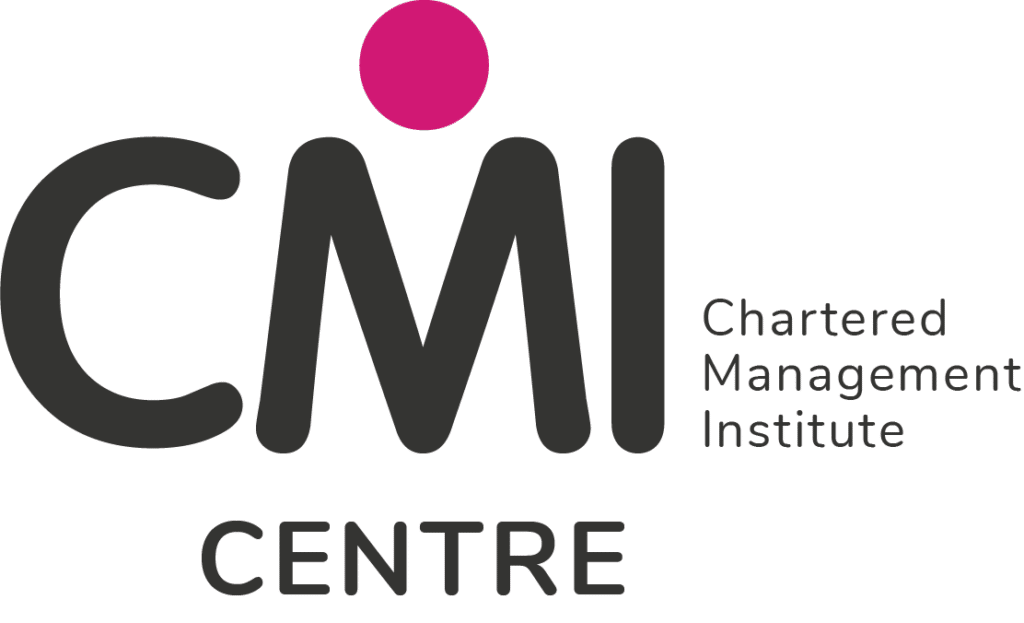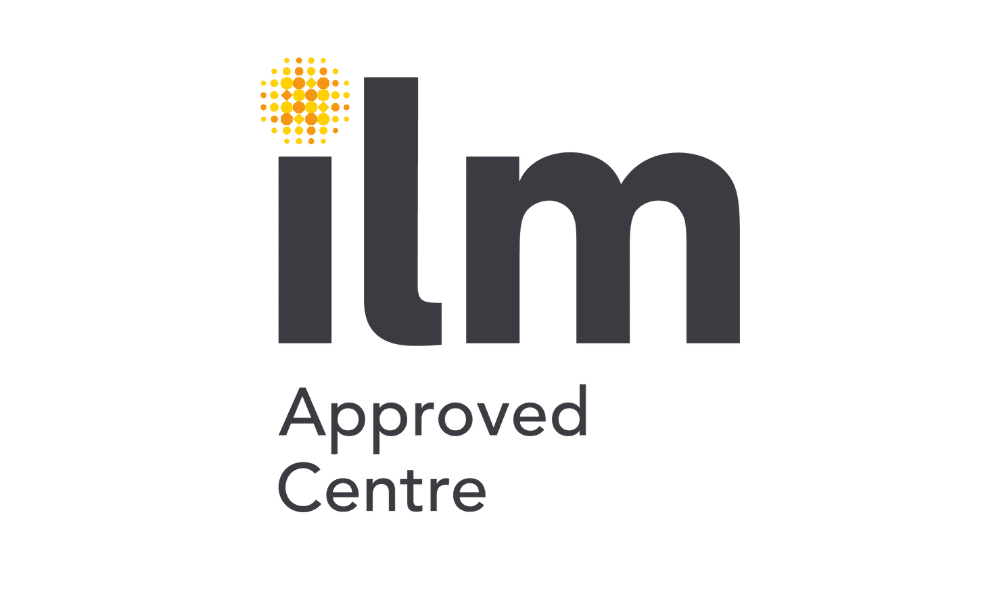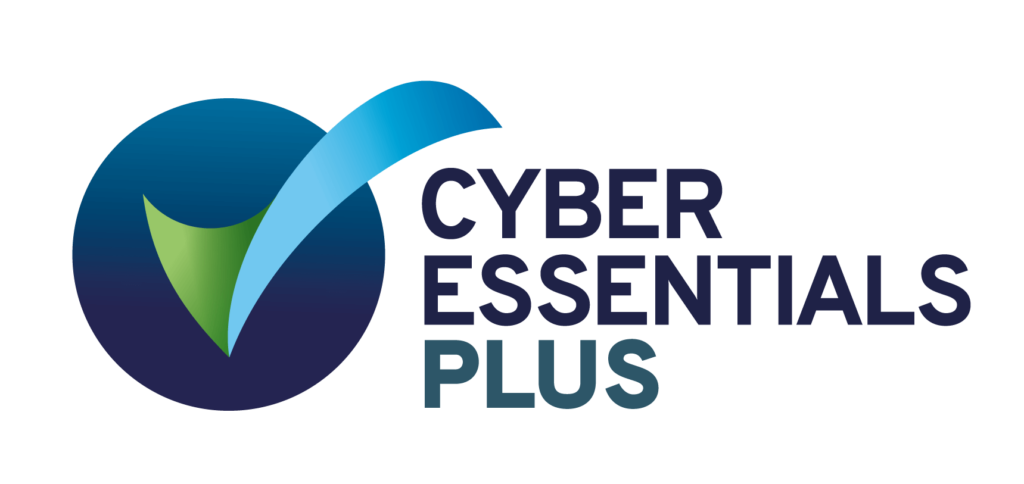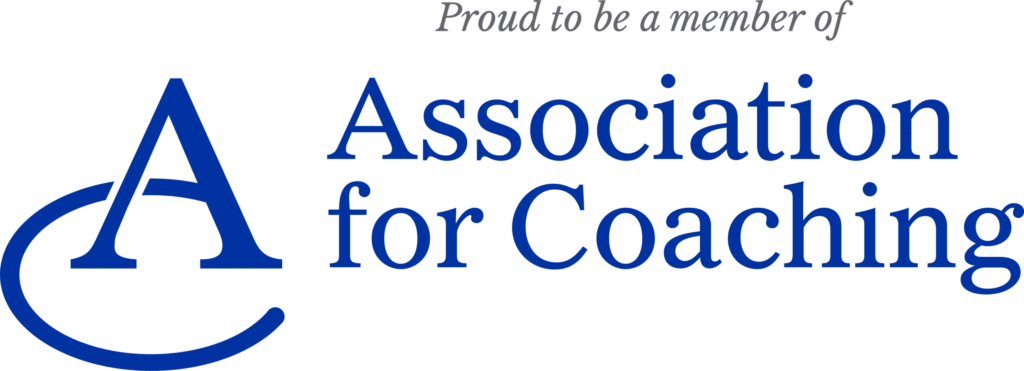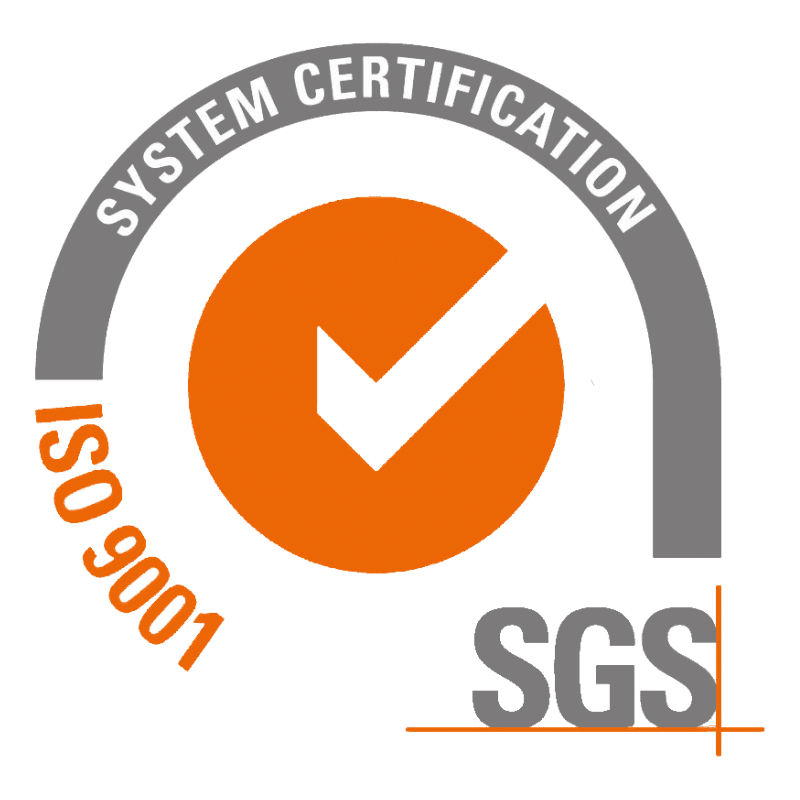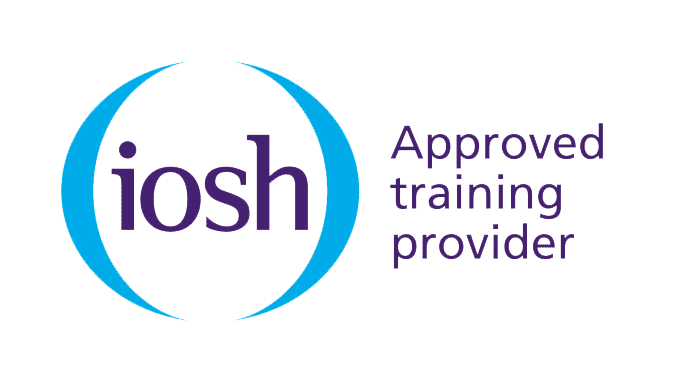For many organisations, this was the milestone week that prompted a return to the office. Whether people are back in the office full-time or as part of a new hybrid working arrangement, many managers and HR teams are able to spend their first face-to-face time with their workforce since March 2020.
This represents a good opportunity to assess their level of engagement: both with their work and with the organisation. Has more freedom and autonomy better engaged them with their company, culture and workload or slightly detached them from it?
If a slight detachment is the reality, there is plenty of evidence that workplace coaching and/or working within a coaching culture have positive effects on levels of employee engagement.

One of the key investigators of employee engagement, The Ken Blanchard Companies (TKBC), includes it within the broader concept of ‘employee work passion’. Of the identified drivers of work passion, which in turn raise levels of employee engagement, many of them can be themselves driven by workplace coaching:
Meaningful Work

Employees are engaged when they are both aware of the organisation’s larger purpose and values and feel like their efforts are a worthwhile contribution to them.
Coaching helps individuals with this alignment of their everyday work with organisational purpose. The right coaching questions can shine a light on personal beliefs and motivations, and – through intelligent goal setting – these can be aligned with the overall direction of the company.
Fairness

Broadly speaking, this is an environment where people – especially leaders – treat each other with respect. Efforts are taken to ensure that pay, benefits and workloads are equitable, which makes individuals feel like everyone is giving and getting the same, even in busy or disrupted periods.
Many of the coaching skills of management are soft skills like communication, which in turn increase employee perceptions of fairness. When individuals are communicated with in a non-judgmental and measured way, rather than a reactionary or instinctive one, they are more likely to feel they are getting a fair shake. Similarly, being actively listened to and encouraged to provide feedback helps individuals feel like their voice is being heard.
Recognition

Whilst employees don’t need to be praised for every little part of their workload (this can actually engender micro-management), coaching skills help managers to acknowledge the success of their team members. When their work is duly noted and rewarded accordingly, increased engagement is a natural outcome. Inevitably, discretionary effort is more likely when that effort will not go unnoticed.
Individual Growth

Coaching is a perfect way to foster career growth discussions, both for managers and employees: employees gain more clarity on their purpose, values and future career objectives through coaching and can be guided to recognise and embrace their own strengths. Where employees feel like their individual growth is just as important as revenue growth, they will be more engaged.
Collaboration

The engagement level of employees is driven, according to TKBC, when they perceive a culture that promotes collaboration. This is particularly true where it is encouraged between departments or teams in an effort to reduce ‘silo working’.
Coaching isn’t necessarily the first thing that comes to mind when organisations look for ways to promote collaboration – project management methodologies or ‘ways of working’ (e.g. Agile) are usually explored first. However, improvements in collaboration are thought of as a key benefit of implementing coaching cultures.
This is because much of what defines a coaching culture is about motivating people to work together. Hierarchies should give way to partnerships and blame should give way to honest evaluation and learning from mistakes. Where individuals are prompted to ask better questions and listen more ‘actively’ to one another, they are more enthusiastic to seek help solving problems facing and actively help others with their own.
Autonomy

Autonomy means a perceived environment where individuals are empowered with the authority, support, training and tools to make decisions and act on them. Coaching boosts autonomy in two main ways: firstly, by promoting self-awareness and self-reflection in managers and leaders of their particular styles, habits and behaviours. This, as well as feedback from their reports and teams, helps them to avoid pitfalls like micromanagement and instead better achieve the very simplest definition of management: getting work done through others.
Coaching is also proven to build individual levels of confidence, which can be the driver of them manifesting autonomy where it didn’t previously exist by taking the initiative or defending their ideas and decisions.
You can learn more about the positive impact and workplace benefit of coaching skills in ILM’s informative ‘Cracking Coaching’ whitepaper here.
Eliesha Training delivers the following qualifications via engaging virtual blended delivery:
ILM Level 3 Award in Effective Coaching
ILM Level 5 Certificate in Effective Coaching and Mentoring
ILM Level 7 Certificate for Executive and Senior Level Coaches and Mentors
These accredited programmes can be delivered via Distance Learning for individuals or via a series of online sessions for small cohorts of learners.
We also offer a broad range of Bitesize (90min), Masterclass (3hr) and Full Day coaching skills workshops, which can be delivered in the Face-to-Face or Virtual Learning Environment.
To find out more about how we can support your employee engagement growth via coaching skills and qualifications, fill out an enquiry form on our Talk to Us page.
